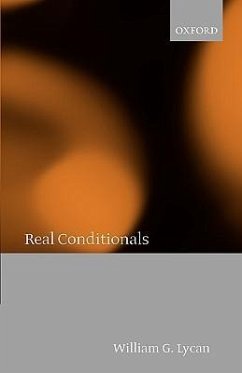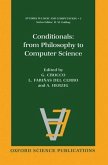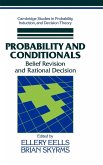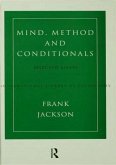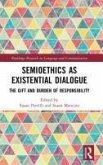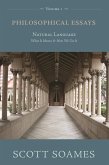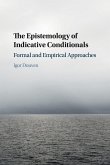Philosophers and logicians have long debated how best to understand conditional or hypothetical sentences. William G. Lycan has a distinctive approach to this debate, attending not just to the semantics of such sentences, but equally to their syntax. He shows how insights from linguistic theory help to illuminate problems about the meaning and function of conditionals. For instance, philosophers and logicians have had problems analysing the locutions 'only if', 'unless', and 'even if'. Lycan sets out a general semantic theory of conditionals which works for all such sentences; he assigns meanings to them in a way that explains how and why those meanings depend upon features of utterance context. According to Lycan's theory the 'if'-clauses refer to items called 'events', 'circumstances', or 'conditions'. Real Conditionals gives at last the definitive presentation of this original approach to a topic at the intersection of philosophy, logic, and linguistics. Lycan's characteristically lively and witty expository style ensures that it can be enjoyed by readers from all three disciplines.
Logicians have written a great deal on the semantics of conditional sentences. This book contends that insufficient attention has been paid to the syntax of conditionals, as investigated by linguists. Syntactic data are used to make the case that "If"-clauses tacitly quantify over items called "events," "circumstances," or "conditions." This motivates a semantic theory of conditionals that concentrates on "only if," "even if" and "unless" as well as on "If...then." The theory is then applied to a number of examples from the literature, and its predictions and successes compare favorably to those of competing semantic theories.
Logicians have written a great deal on the semantics of conditional sentences. This book contends that insufficient attention has been paid to the syntax of conditionals, as investigated by linguists. Syntactic data are used to make the case that "If"-clauses tacitly quantify over items called "events," "circumstances," or "conditions." This motivates a semantic theory of conditionals that concentrates on "only if," "even if" and "unless" as well as on "If...then." The theory is then applied to a number of examples from the literature, and its predictions and successes compare favorably to those of competing semantic theories.

